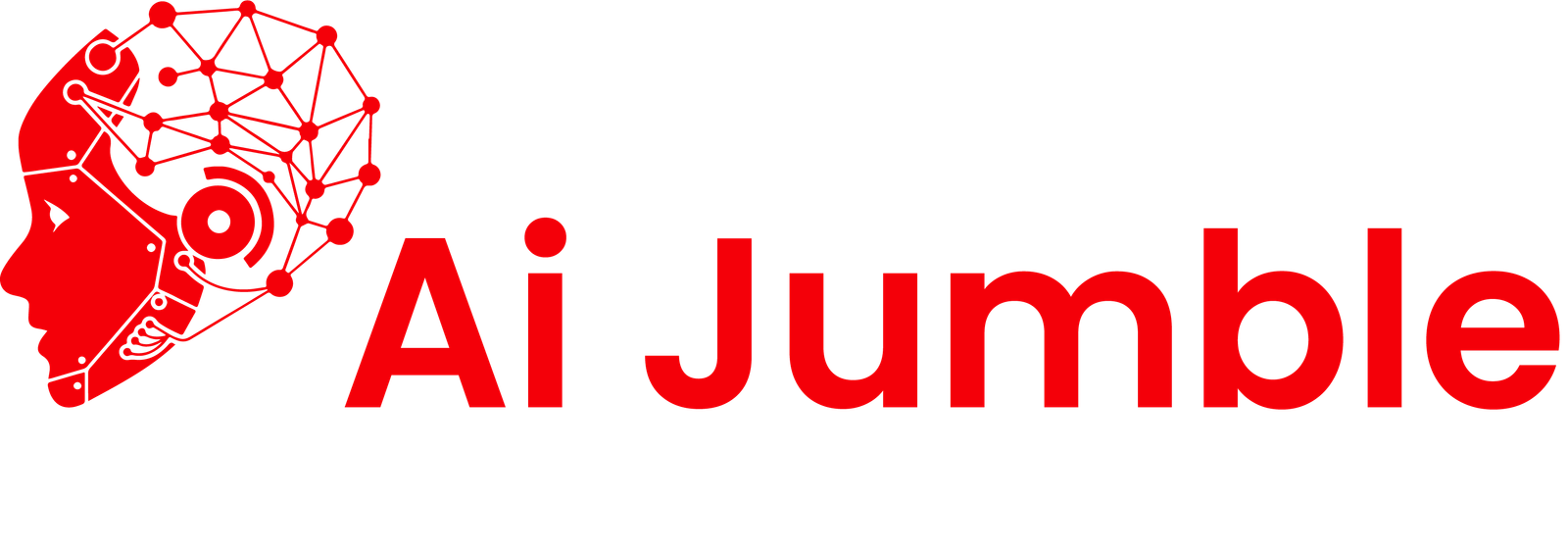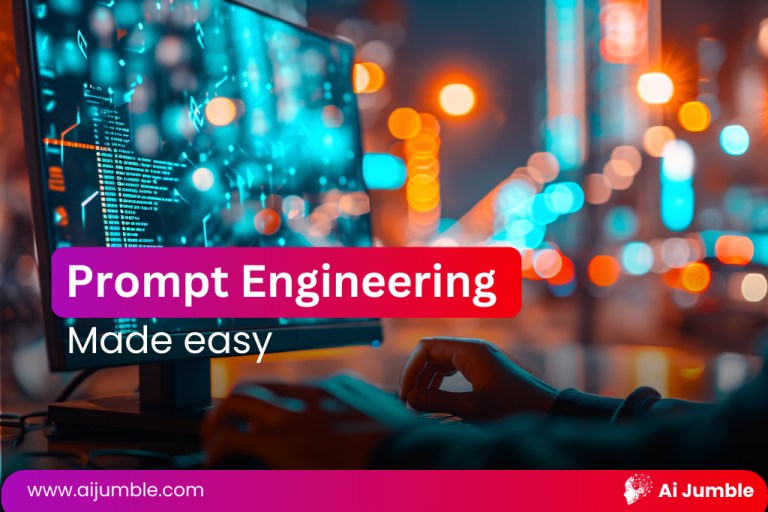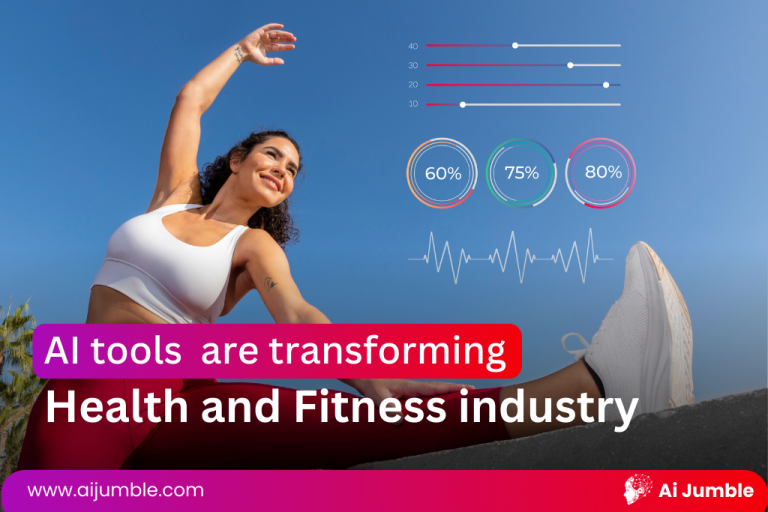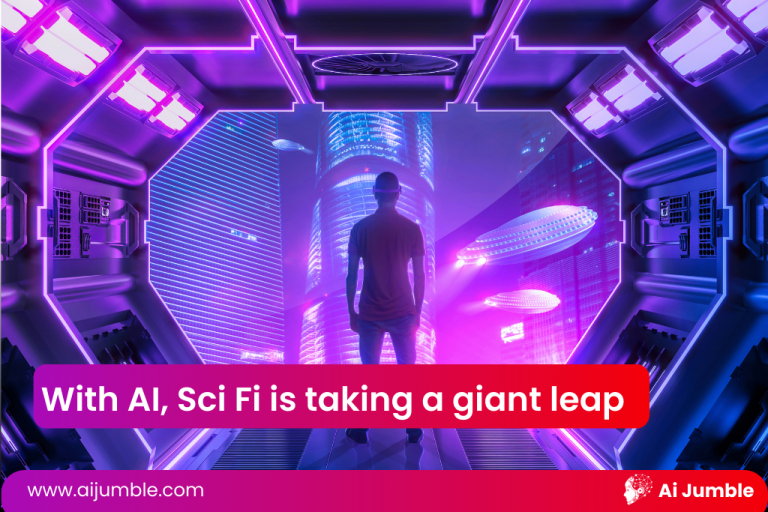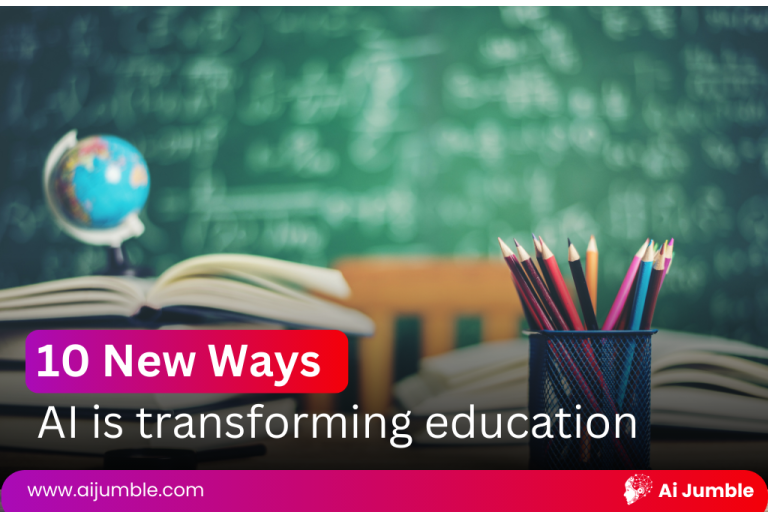5 Ways How AI is Shaping a Better Future for Humanity
Artificial Intelligence (AI) has quickly progressed from a theoretical idea to a disruptive power that affects many facets of human existence. Even though AI has many uses, its ability to have a beneficial societal influence is one of its most fascinating aspects.
The relationship between AI and social impact is multifaceted, with artificial intelligence playing a pivotal role in addressing and shaping various societal challenges. This article explores how artificial intelligence (AI) is helping to solve societal issues and create a more just and sustainable world.
5 Ways How AI is Shaping a Better Future for Humanity
1. AI for Education: Empowering the Next Generation
By enabling tailored learning experiences and closing accessibility barriers, artificial intelligence (AI) technologies are transforming education. Smart tutoring programs adjust to each student’s unique learning preferences and provide customized instruction to meet a range of demands. AI-powered solutions also help teachers spot places where students might want more help, which eventually creates a more productive and inclusive learning environment.
2. Healthcare Transformation for the AI and Social Impact
The introduction of AI has caused a paradigm change in the healthcare industry. AI is improving patient care and outcomes in a variety of ways, from tailored treatment plans to diagnostic support and predictive analytics. AI-powered telemedicine makes it possible to conduct remote consultations, reaching underprivileged populations and enhancing access to healthcare. Furthermore, AI systems examine enormous databases to find trends and support the early diagnosis and treatment of disease.
3. Addressing Social Disparities: AI for Good
AI is being used more and more to address societal injustices and advance equality. Predictive policing and resource allocation are two examples of projects that employ AI to optimize public service distribution to lower inequality in urban areas. Additionally, AI-powered solutions are helping with recovery and disaster response operations, making it possible for relief to reach individuals in need more effectively.
4. Fighting Hunger and Poverty: AI in Agriculture and Development
One important area where AI is progressing rapidly is agriculture. AI-powered precision farming maximizes agricultural yields, reduces environmental impact, and makes optimal use of resources. By offering insights for sustainable development initiatives, artificial intelligence is also helping to reduce poverty. Machine learning models, for instance, can evaluate socioeconomic data to better inform policies aimed at reducing poverty.
5. AI and Environmental Sustainability: A Greener Tomorrow
Artificial intelligence (AI) tools that optimize energy use, track environmental changes, and promote sustainable practices help fight climate change. Scientists can better understand and anticipate the effects of climate change with the use of machine learning algorithms in climate modeling. Artificial intelligence (AI) is used by smart cities to effectively manage resources, lessening their environmental impact and encouraging a more sustainable urban lifestyle.
Conclusion:
Artificial intelligence is having a bigger and bigger impact on society as it develops. AI and Social Impact have the power to improve humankind’s future by utilizing its potential in the areas of education, healthcare, social equality, poverty alleviation, and environmental sustainability. But it’s important to approach these advancements responsibly, addressing moral issues and making sure that everyone can benefit from artificial intelligence. Artificial intelligence (AI) has the potential to be a significant force for good in society, leading to a more just and peaceful world, provided it is used with consideration and inclusivity.
The ethical deployment of AI, with a keen focus on inclusivity, transparency, and privacy, is essential to ensuring that the benefits of this technology are accessible to all. As we harness the power of AI, it is crucial to prioritize solutions that bridge gaps, empower marginalized communities, and foster a more equitable world.
The social impact of AI extends beyond tangible applications; it influences our understanding of ethics in technology and prompts meaningful conversations about the future we want to create. Collaboration between technologists, policymakers, and communities is paramount to steer AI development in directions that align with societal values and aspirations.
In this era of rapid technological advancement, the true measure of AI’s success lies not only in its technical capabilities but in its capacity to uplift, connect, and enhance the well-being of individuals and societies. By embracing a human-centric approach and championing responsible AI practices, we can shape a future where technology becomes a force for good, making a positive and lasting impact on the world we share.
Dive deeper into the fascinating world of artificial intelligence with AI Jumble! Explore our comprehensive portal packed with Ai tools directory, informative articles, interactive features, and newly launched web stories
Read another interesting blog on our Portal:
Alan Turing: Revolutionizing AI through Visionary Inquiry and Unparalleled Innovation
You may also like to read:
The positive social impact of AI
What Is The Impact Of Artificial Intelligence (AI) On Society?
